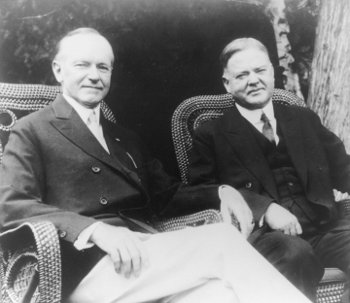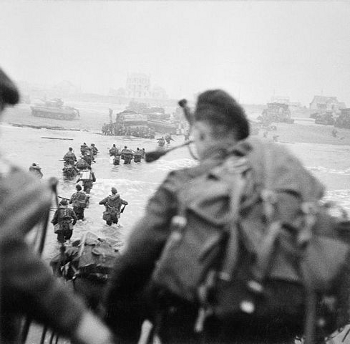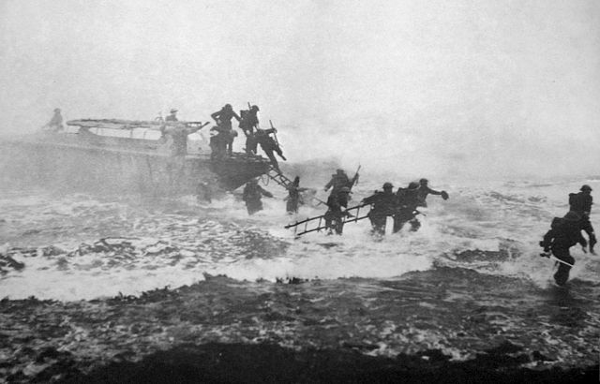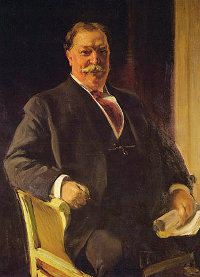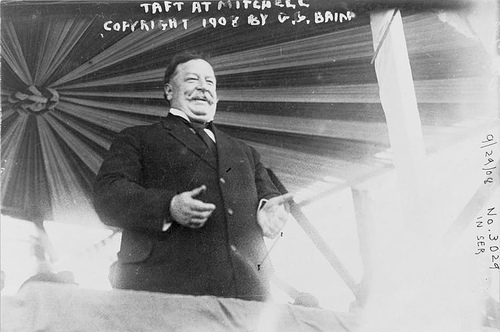The Atlanta Constitution of Oct. 2, 1892, contains this lurid tale from the Civil War. Discharged after losing a leg in battle, Confederate colonel Clay Clayton had returned to Sans Souci, his Alabama plantation, when a portion of the Union army established camp nearby and the Yankee officers made Clayton’s mansion their headquarters. During the occupation, Frederick Jasper, a disreputable captain from a Massachusetts regiment, pursued Clayton’s beautiful daughter, Virginia, who rejected his proposal of marriage. Virginia’s two brothers and lover learned of this during a visit to the plantation immediately after the Union troops left.
When the war ended, Clayton’s sons returned to Sans Souci and Virginia married her lover and settled on an adjoining plantation. Cotton had risen to a high price, and Clayton had two bales in his ginhouse, but he vowed not to sell them for less than $1 a pound, and they lay there unregarded for years.
In 1866 a Boston lawyer appeared looking for any trace of Jasper. The captain had separated from the Union troops after they had departed the plantation, taking with him a sergeant and promising to return in half an hour. He was never seen again, and now the lawyer sought to establish his fate in order to settle his estate. Clayton could tell him nothing, and he returned to Boston.
Twenty years later Clayton died, and the brothers and Virginia’s husband finally sold the ginhouse bales, which were stamped with the plantation’s mark and sent to Russia.
When it came to the turn of these two bales from old Colonel Clay Clayton’s Alabama plantation they were opened and the cotton dumped out on the floor of the factory. One was shaken up, there was a flash of blue and something bright, and a rattle of something on the floor. What was it? It was a skeleton in the uniform of a captain of the army of the United States of America. Sword, watch, money, buttons, some rotten cloth and bones. That was all. On the watch were the words, ‘Frederick Jasper, Boston.’
The sergeant’s body was found in the other bale. When the Boston lawyer returned to Alabama to investigate, Virginia’s husband told him everything: He and the Claytons had discovered Jasper assaulting Virginia on the plantation and carried him and the sergeant to the ginhouse.
The cotton was lying ready to be baled. We started the press and filled it. Into the middle of the bale of cotton went the wretch Jasper, begging like a hound to be killed first. But no. He went into the bale alive and was pressed with it. The other man, seeing the fate in store for him, shot himself, while we were at the press and he was lying wounded on the ground. Then he went in the other bale.
The Claytons then retained the bales with the excuse that they were waiting for a high price. But they were unrepentant: They had killed a Union soldier on Southern territory during wartime, and one who had behaved “vilely” despite their hospitality. “I cannot blame you at all,” said the lawyer, who returned to Boston and delivered Jasper’s fortune to his heirs.
The whole thing is so melodramatic that I think it must be fiction, but the Constitution ran it as a news story with the notice “Every particular of this incident can be verified by legal papers on file in Boston courts and by the testimony of witnesses yet living.” Make your own judgment.

